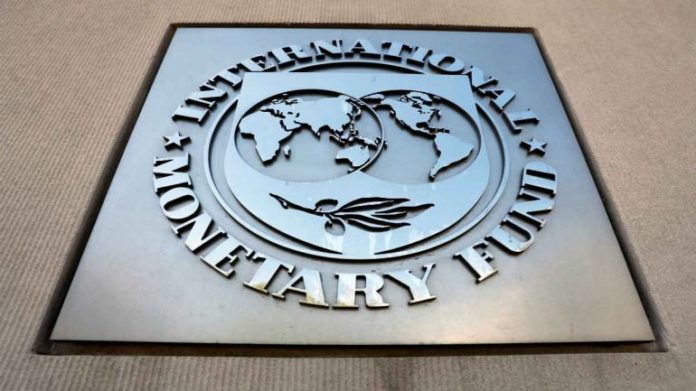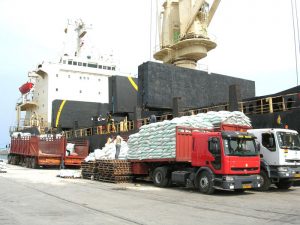The International Monetary Fund (IMF) has welcomed government’s quest to audit emergency funds spent to battle the outbreak of the Covid-19 pandemic.
This follows a routine assessment of the country’s economic health under the Washington-based lender’s Article IV consultations.
The IMF after a series of virtual meetings involving officials from the Finance Ministry as well as the central bank, among others, explained such audits will help government justify the rise in expenditure over the period.
“The planned audits of COVID-19 emergency spending and of arrears accumulated in 2020—in addition to routine budgetary reporting practices—are welcome as they will help account for the increase in spending and its effectiveness, and provide lessons to improve the robustness of Public Financial Management systems,” the statement said.
The country rolled out a number of social interventions at the peak of the pandemic last year to help citizens cope with the restrictions on movement imposed to contain the spread of the virus.
These interventions included the provision of free water and electricity to millions of residents, food packs for deprived communities, among others.
IMF’s praise
The Fund praised the country’s management of the COVID-19 outbreak, despite the severe impact it had on the economy.
The country has so far recorded nearly 100, 000 positive cases with about 800 deaths.
The IMF mission, led by Carlo Sdralevich, in a statement issued after the marathon of meetings said: “Ghana has managed very effectively the COVID-19 the outbreak in the country, and thus succeeded in protecting lives.
The impact of the pandemic on the economy has been severe. Real GDP growth slowed to 0.4 percent in 2020 from 6.5 percent in 2019, due to lower activity in the extractive industries and a collapse in hospitality and retail services, including the informal sector that especially employs female workers.”
The pandemic saw inflation rise to its highest — 11.3 percent in June 2020 – since the latter part of 2018 although the rate has how declined to 8.5 percent in April 2021.
“Policy interventions in 2020 were also critical to safeguard livelihoods and paved the way for a faster rebound of economic activity,” Sdralevich said.
According to the Finance Minister Ken Ofori-Atta, the economy is expected to grow at a rate of 4.8 percent in 2021 — driven by a rebound in mining and services, while inflation is expected to remain single under 10 percent.
Mr. Sdralevich commended the country’s Coronavirus Alleviation and Revitalization of Enterprises Support, popularly referred to as the Ghana CARES ‘Obaatanpa’ programme.
The Fund stated that the programme has the potential to be transformative and inclusive for the Ghanaian economy given its emphasis on SMEs and digitalization.
Fiscal rigidities
Nonetheless, the Fund noted that government’s interventions introduced in to combat the virus worsened pre-existing fiscal rigidities and public debt vulnerabilities.
Government fiscal deficit, including energy and financial sector costs, reached 15.5 percent of GDP, while annual gross financing needs exceeded 20 percent of GDP. Public debt rose to 78 percent of GDP in 2020, from 64.4 percent in 2019, including ESLA of GHc7.63 billion in 2020.
“The 2021 budget’s recent policy pivot towards fiscal consolidation is an important step in the right direction and a difficult one in a pandemic,” Mr. Sdralevich said.
He further suggested that: “Fiscal consolidation should be deepened and anchored around debt and debt service reduction to create space for social, health, and development spending,”.
Given the social and equity implications of the pandemic, the Fund advises that fiscal consolidation should rely more on progressive revenue and spending measures, while guaranteeing fiscal support to the most vulnerable and social safety nets.






